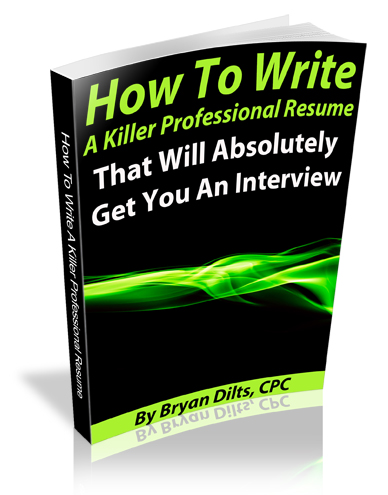Do you mistrust “Positive Attitude” mentors? Do their programs sound good but make you depressed after a while?
The answer is found in liquid Helium vs Helium II.

Helium II is a very unusual liquid. In the next paragraph I’ll use two people to show the difference between liquid Helium and Helium II.
Jim applied to be a space shuttle astronaut. He practiced his positive mental attitude and visualizations twice a day for an hour. He knew that would get him the job. Somehow he ended up getting a rejection letter. Jim thought that being a 35 year old, out of shape, high school dropout out without a job or a desire to get one should have been overpowered by his “positive attitude”. A 77 year old man had more of a positive attitude than Jim, so he got the job. John Glen flew into space as an old man because he figured out a way to overcome the huge obstacle of age. It involved getting a job in congress and deciding how much money NASA got.
Attitude is really about preparing, contributing and finding your way around obstacles. Jim did not have a positive attitude. He just liked to think he did. John Glenn had a positive, unstoppable Helium II attitude.
Norman Vincent Peale, Maxwell Maltz and other attitude masters always said that attitude is NOT everything. Attitude just helps you figure a way around obstacles or a better direction to go with your energy. Positive attitude was never meant to be a replacement for reality and effort.
Helium II is an example of gas with an attitude. Helium II is supercooled helium that is not just a liquid, but a very special liquid. It will slip through molecule sized cracks in a container. If you leave it in an open beaker, it will climb the walls of the beaker and get out. Swirl it into a little whirlpool and it won’t stop swirling because it has no internal friction. It is practically unstoppable in many ways. The only way to really stop it is to let it warm up just a little bit. Then it becomes a normal liquid and all those fascinating behaviors stop.
You can have a Helium II attitude. Use your positive attitude to look for ways to escape the container you are in. Is there a crack you can exploit? If necessary, can you climb out of any career pit you have fallen into? If nothing else, you need to keep moving while waiting for your next opportunity. Don’t ever stop improving yourself and doing outstanding work. If you let yourself get hot under the collar about what has happened to you, you may become stuck right where you are, or slip even lower. Prepare and grow while keeping your eyes open for the next opportunity.
A while ago I helped a man get a much better job. For years he has been struggling with jobs that were below his skill level. The reason they were below his skill level is that he has always been educating himself. He has been spending his own money to better himself. His jobs have not measured up to his constantly growing skills. Since he was overqualified he decided to do the jobs he had exceptionally well. It wasn’t easy. But with his preparation I finally found him the perfect opportunity. I doubt he will stop now. He’ll keep studying and preparing. Pretty soon he’ll be too big for this job and have to find an even bigger opportunity. For now he’s just grateful he kept on moving and kept up a really positive attitude. The kind of attitude that always finds a way.
Something To Do Today
Writing in a job journal is a great place to start, you can write about what you want to do better. Writing it down rather than saying it reinforces your decisions.

 Don’t let your job search be like in the movies where the car driver, you, takes their hands off the wheel and has the person in the passenger side steering the car. It’s not the recruiter’s job they are choosing, and it’s not their future. You need to be the person driving in your job search. No one else has your interest in your career.
Don’t let your job search be like in the movies where the car driver, you, takes their hands off the wheel and has the person in the passenger side steering the car. It’s not the recruiter’s job they are choosing, and it’s not their future. You need to be the person driving in your job search. No one else has your interest in your career.



